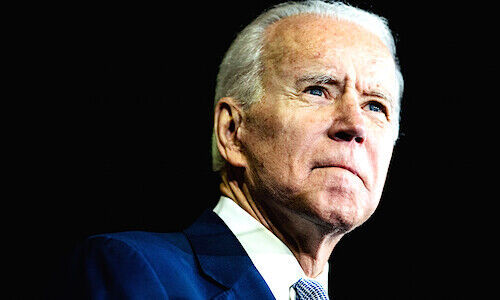Will U.S. Sanctions Under Joe Biden Be Toothless?
A decision initially to step down as the operator for the passive vehicle would have enabled the Boston-based SSGA’s Asia unit to comply with Washington without derailing its intended purpose to track the Hang Seng Index. But for three days, it did not do the latter and now it will not do the former.
This marks the first financial firm to openly challenge U.S. sanctions after Donald Trump publicly conceded the Presidential position to successor Joe Biden. A similar series of reversals occurred prior to the concession with the New York Stock Exchange but it ultimately decided to comply and delist the sanctioned firms – also after receiving pressure from officials, this time allegedly in the form of a phone call from U.S. Treasury Secretary Steven Mnuchin.
Still, there are other firms that have openly complied such as Goldman Sachs, J.P. Morgan and Morgan Stanley’s mass delisting of related structured products or index compilers' decision to drop the blacklisted entities. Passive giant Vanguard also recently said it had liquidated its entire holdings of U.S.-sanctioned Chinese companies as of January 8.
Hell or Heaven?
Previously, Trump had said that «Hong Kong markets will go to hell», citing regime change as the reason for its failure. But post-concession, markets are slowly demonstrating renewed confidence fuelled by strong mainland trading volume, opportunistic fund managers, optimistic banks and a bold decision by a global asset manager.
Now, the storied gateway between China and the world will once again be put to the test in the post-Trump era. And only time – and the efforts of the new Biden administration, or lack thereof – will tell if the outgoing President’s prediction is prophetic or pathetic.
- << Back
- Page 2 of 2




























